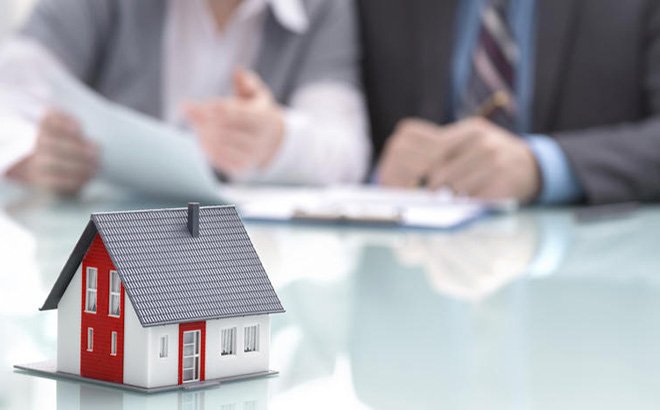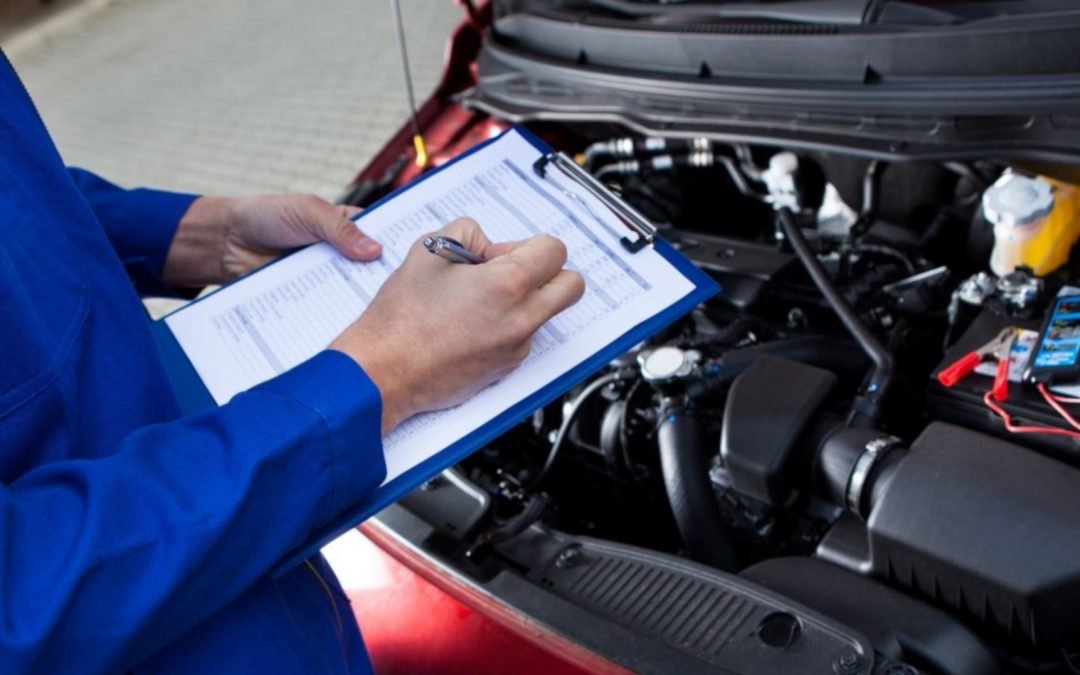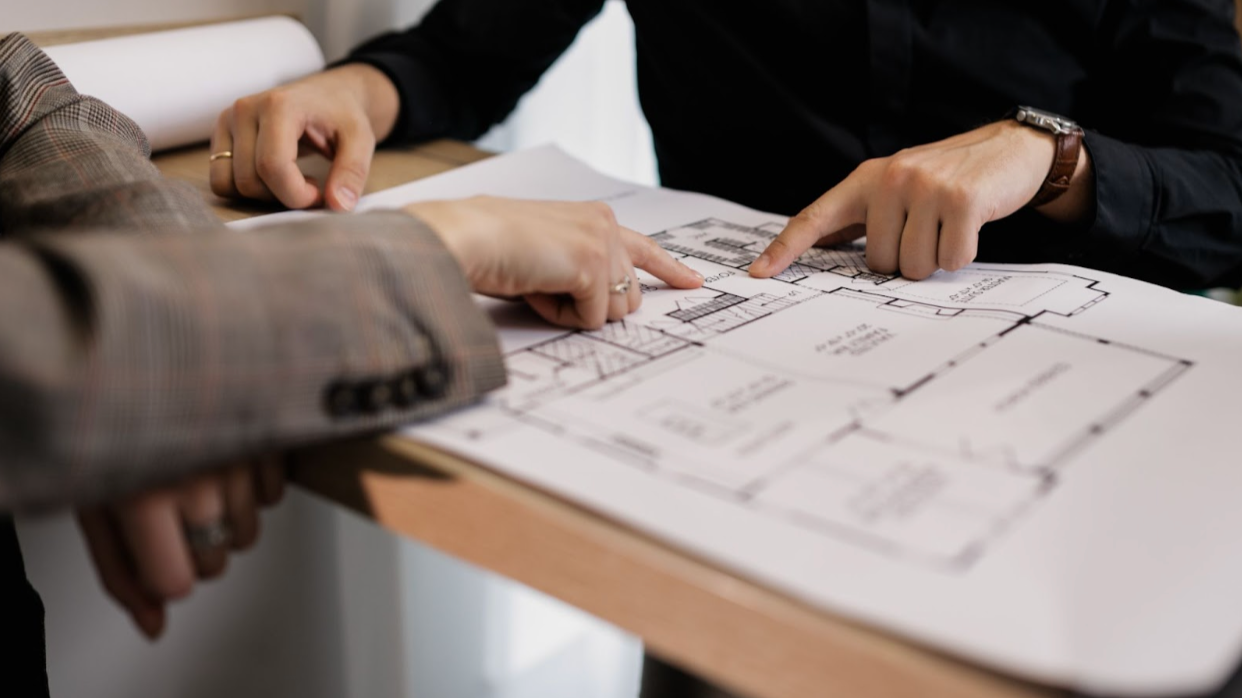Maintaining a commercial property is essential to ensure its longevity and safety. Whether you own a retail space, office building, or industrial complex, following the right practices for commercial property maintenance will save you money, prevent major repairs, and create a comfortable environment for tenants or employees. In this article, we will discuss some of the best practices you should implement to keep your commercial property well-maintained.
1. Regular Inspections
One of the most important practices for commercial property maintenance is conducting regular inspections. These inspections help identify any issues before they become serious problems. Whether it’s checking for leaks, inspecting the roof, or looking for signs of wear in common areas, regular inspections are crucial. Early detection of issues can prevent costly repairs down the road.
Tip: Schedule routine inspections at least twice a year, and consider hiring a professional to assess areas like HVAC systems and electrical systems.

2. Maintain the HVAC System
The HVAC (heating, ventilation, and air conditioning) system plays a vital role in keeping your commercial property comfortable. To ensure the system is functioning properly, it’s important to regularly replace air filters, clean ducts, and schedule maintenance checks. Regular HVAC maintenance can prevent system breakdowns and improve energy efficiency.
Practices for commercial property maintenance also include cleaning and servicing the air conditioning and heating units before the change of seasons. This will help avoid unexpected breakdowns during extreme temperatures.
Tip: If your building has an older HVAC system, consider upgrading to a more energy-efficient model to reduce long-term costs.
3. Keep the Exterior Clean and Well-Maintained
The exterior of your property makes a first impression on visitors, tenants, and potential clients. Keeping the exterior clean is a vital part of practices for commercial property maintenance. Regularly wash windows, clean gutters, and ensure the building’s facade is in good condition. Address any cracks or signs of damage on the exterior walls or roof as soon as possible.
Tip: Make sure that the landscape around your property is well-kept. Trim bushes, mow the lawn, and remove any debris that may accumulate on the grounds. A clean exterior adds curb appeal and promotes a positive image for your business.
4. Address Plumbing Issues Promptly
Plumbing problems, such as clogged drains, leaky faucets, or broken pipes, can cause significant damage if not addressed quickly. Regularly check the plumbing system and repair any issues before they lead to flooding or mold growth. As part of your practices for commercial property maintenance, be sure to also inspect water heaters and ensure they are working efficiently.
Tip: Encourage tenants to report plumbing issues as soon as they notice them, so you can handle them before they escalate.
5. Manage Waste Disposal
Proper waste disposal is crucial for maintaining a clean and safe environment in your commercial property. Make sure you have adequate trash bins and dumpsters, and ensure they are regularly emptied. If your property has tenants, set up guidelines for waste management and encourage recycling efforts.
Tip: Schedule waste disposal checks at least once a month to ensure trash is being properly disposed of and that the bins are in good condition. This simple step can prevent odors, pests, and unsightly waste buildup.
6. Ensure Fire Safety
Fire safety is an essential part of practices for commercial property maintenance. Regularly inspect fire alarms, sprinklers, and fire exits to ensure they are working properly. If you have a fire extinguisher on the property, check that it is fully charged and located in an easily accessible area.
Tip: Conduct regular fire drills and keep fire exits clear of obstructions. Also, ensure that all tenants are familiar with emergency evacuation plans.
7. Invest in Security Measures
Security is another important factor in maintaining a commercial property. Installing security systems, such as cameras, alarms, and access control systems, can help protect your property and tenants. Regularly inspect these systems to ensure they are working properly and update them as needed.
Tip: Provide tenants with clear security protocols and emergency contact information. A safe environment can help attract quality tenants and reduce the risk of property damage or theft.
8. Energy Efficiency and Sustainability
Implementing energy-efficient practices is an important part of practices for commercial property maintenance. By upgrading to LED lighting, improving insulation, and using energy-efficient appliances, you can reduce your property’s carbon footprint and lower utility costs. Incorporating green initiatives, such as solar panels or energy-efficient windows, can also improve the value of your property.
Tip: Monitor your utility bills to spot any unusual increases in energy consumption. By addressing inefficiencies early, you can save money and reduce the property’s environmental impact.
Conclusion: Best Practices for Commercial Property Maintenance
In conclusion, following the right practices for commercial property maintenance is essential for ensuring your property remains in good condition, safe, and efficient. Regular inspections, HVAC maintenance, and addressing plumbing or electrical issues early can save you time and money. Keeping the exterior clean and maintaining fire safety measures will enhance your property’s image and protect your investment. Don’t forget to invest in security measures and energy-efficient upgrades to reduce costs and attract tenants. By implementing these best practices, you can create a well-maintained commercial property that will provide long-term benefits for both owners and tenants.




